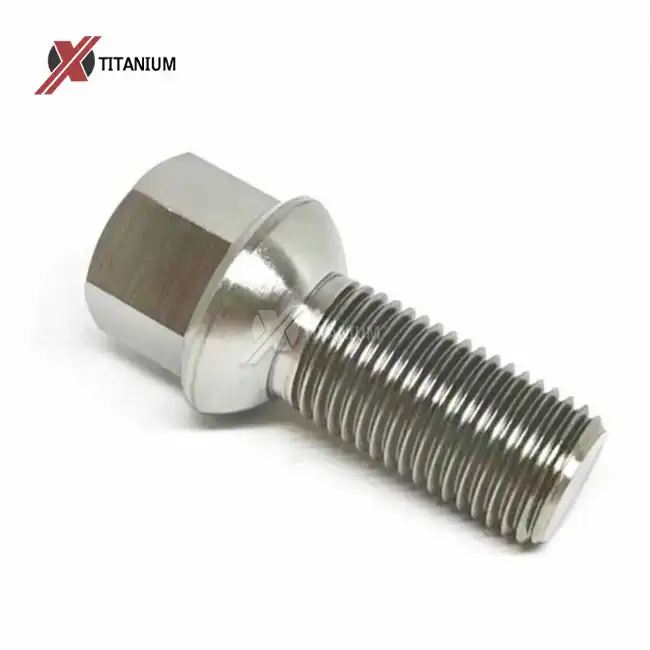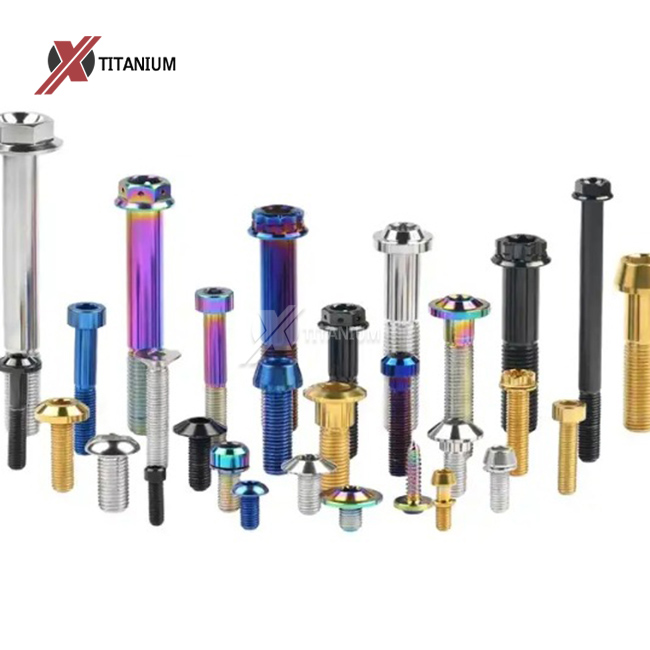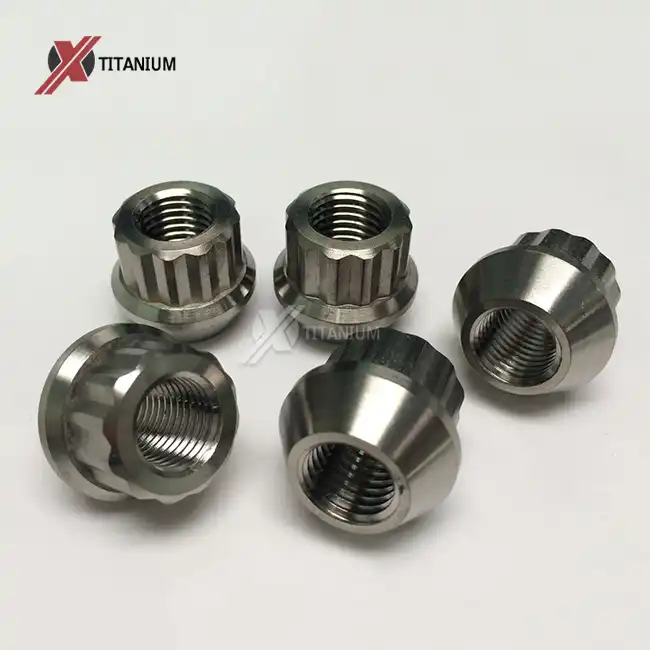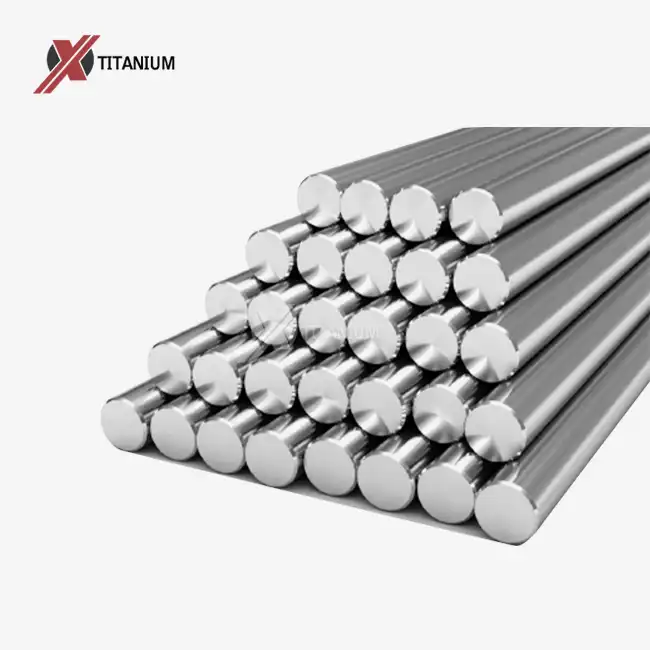- English
- French
- German
- Portuguese
- Spanish
- Russian
- Japanese
- Korean
- Arabic
- Greek
- German
- Turkish
- Italian
- Danish
- Romanian
- Indonesian
- Czech
- Afrikaans
- Swedish
- Polish
- Basque
- Catalan
- Esperanto
- Hindi
- Lao
- Albanian
- Amharic
- Armenian
- Azerbaijani
- Belarusian
- Bengali
- Bosnian
- Bulgarian
- Cebuano
- Chichewa
- Corsican
- Croatian
- Dutch
- Estonian
- Filipino
- Finnish
- Frisian
- Galician
- Georgian
- Gujarati
- Haitian
- Hausa
- Hawaiian
- Hebrew
- Hmong
- Hungarian
- Icelandic
- Igbo
- Javanese
- Kannada
- Kazakh
- Khmer
- Kurdish
- Kyrgyz
- Latin
- Latvian
- Lithuanian
- Luxembou..
- Macedonian
- Malagasy
- Malay
- Malayalam
- Maltese
- Maori
- Marathi
- Mongolian
- Burmese
- Nepali
- Norwegian
- Pashto
- Persian
- Punjabi
- Serbian
- Sesotho
- Sinhala
- Slovak
- Slovenian
- Somali
- Samoan
- Scots Gaelic
- Shona
- Sindhi
- Sundanese
- Swahili
- Tajik
- Tamil
- Telugu
- Thai
- Ukrainian
- Urdu
- Uzbek
- Vietnamese
- Welsh
- Xhosa
- Yiddish
- Yoruba
- Zulu
Are Titanium Allen Bolts Resistant to Saltwater and Acids?
Titanium allen bolts are indeed highly resistant to saltwater and acids, making them an excellent choice for applications in corrosive environments. These fasteners, crafted from Grade 5 Titanium (Ti-6Al-4V), exhibit remarkable durability and longevity when exposed to harsh conditions. The inherent properties of titanium, including its ability to form a protective oxide layer, contribute to its exceptional resistance against saltwater corrosion and various acidic substances. This resistance, coupled with titanium's high strength-to-weight ratio, makes titanium allen bolts a preferred option in marine, chemical processing, and other industries where corrosion resistance is paramount.
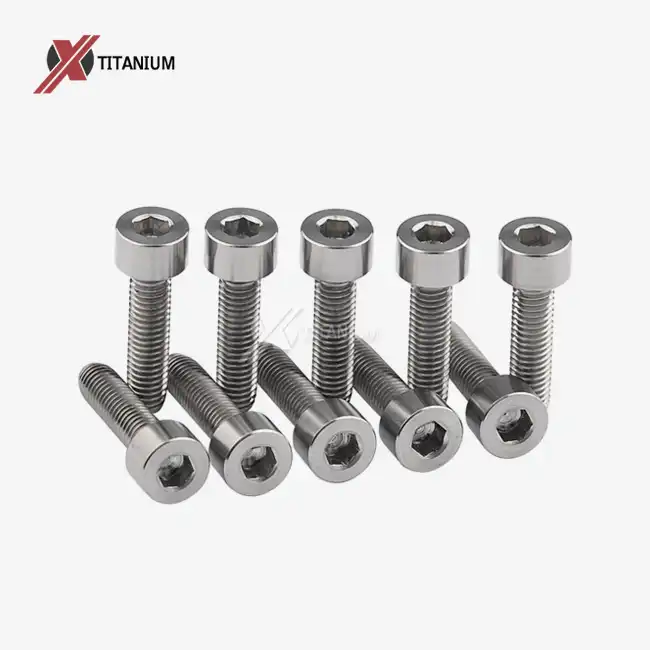
The Unique Properties of Titanium Allen Bolts
Composition and Strength
Titanium allen bolts are typically manufactured using Grade 5 Titanium, also known as Ti-6Al-4V. This alloy consists of 90% titanium, 6% aluminum, and 4% vanadium. The addition of aluminum and vanadium to pure titanium significantly enhances its mechanical properties, resulting in a fastener with exceptional strength and durability.
The tensile strength of Grade 5 Titanium allen bolts can reach up to 130,000 psi, surpassing that of many stainless steel variants. This remarkable strength allows for the use of smaller diameter bolts without compromising on load-bearing capacity, making titanium allen bolts an ideal choice for applications where weight reduction is crucial.
Corrosion Resistance Mechanisms
The exceptional corrosion resistance of titanium allen bolts stems from the material's ability to form a stable, adherent oxide layer on its surface when exposed to oxygen. This phenomenon, known as passivation, creates a protective barrier that shields the underlying metal from further oxidation and corrosion.
In saltwater environments, this oxide layer proves particularly effective. Unlike some metals that deteriorate rapidly in marine settings, the products maintain their integrity even after prolonged exposure to seawater. The chloride ions present in saltwater, which are notorious for causing pitting corrosion in many metals, have minimal effect on titanium's protective oxide film.
When it comes to acid resistance, titanium allen bolts demonstrate remarkable resilience. The stable oxide layer protects against a wide range of acids, including hydrochloric, sulfuric, and nitric acids. This resistance extends to concentrations and temperatures that would rapidly degrade many other metallic fasteners.
Weight Advantages
One of the most significant benefits of titanium allen bolts is their low density. Titanium is approximately 45% lighter than steel and 60% lighter than brass. This weight advantage makes titanium allen bolts an attractive option for aerospace, automotive, and marine applications where every gram counts.
The combination of high strength and low weight allows engineers to design lighter structures without compromising on mechanical integrity. In racing and high-performance vehicles, the use of titanium allen bolts can contribute to overall weight reduction, potentially improving fuel efficiency and performance.
Applications in Corrosive Environments
Marine and Offshore Industries
The marine environment is one of the most challenging for metallic components due to constant exposure to saltwater, humidity, and varying temperatures. Titanium allen bolts excel in these conditions, making them ideal for use in shipbuilding, offshore oil and gas platforms, and marine research equipment.
In shipbuilding, titanium allen bolts are often used in critical areas where corrosion resistance is paramount, such as propeller shafts, rudder assemblies, and hull fittings. Their resistance to saltwater corrosion ensures long-term reliability and reduces the need for frequent maintenance or replacement.
Offshore platforms benefit from the use of titanium allen bolts in structural components and equipment exposed to seawater spray and splash zones. The fasteners' ability to withstand chloride-induced stress corrosion cracking makes them suitable for applications where failure could have catastrophic consequences.
Chemical Processing Plants
Chemical processing facilities often deal with highly corrosive substances that can rapidly degrade standard fasteners. Titanium allen bolts find extensive use in these environments due to their resistance to a wide range of chemicals and acids.
In reactors, storage tanks, and piping systems handling aggressive chemicals, titanium allen bolts provide a reliable fastening solution. Their resistance to both organic and inorganic acids, as well as chlorine compounds, makes them suitable for use in the production of chemicals such as chlorine, sodium hydroxide, and various petrochemicals.
The pharmaceutical industry also benefits from the use of titanium allen bolts in equipment used for drug manufacturing. The material's biocompatibility and resistance to cleaning and sterilization chemicals ensure that the fasteners do not contaminate the products or degrade over time.
Aerospace and High-Performance Applications
The aerospace industry relies heavily on titanium allen bolts due to their exceptional strength-to-weight ratio and corrosion resistance. These fasteners are used in aircraft engines, structural components, and landing gear assemblies where they must withstand extreme temperatures, high stresses, and exposure to various fluids.
In space applications, titanium allen bolts are crucial components in satellite structures and space vehicles. Their ability to perform reliably in the harsh environment of space, where temperature fluctuations and radiation exposure are significant challenges, makes them indispensable in aerospace engineering.
High-performance automotive and motorsport applications also benefit from titanium allen bolts. In these fields, the fasteners' light weight contributes to overall vehicle performance, while their strength ensures safety and reliability under high-stress conditions.
Maintenance and Long-Term Performance
Durability and Lifespan
The exceptional corrosion resistance of titanium allen bolts translates to an extended lifespan compared to fasteners made from other materials. In many applications, particularly those involving exposure to saltwater or acids, it can outlast the equipment or structures they are used in.
This longevity not only reduces the frequency of replacement but also minimizes the risk of fastener failure due to corrosion. In critical applications where fastener integrity is essential for safety and performance, the durability of titanium allen bolts provides peace of mind and reduced lifecycle costs.
Inspection and Maintenance Considerations
While titanium allen bolts require less frequent maintenance than their counterparts made from less corrosion-resistant materials, regular inspection remains important. Visual inspections can help identify any signs of wear, damage, or loosening that may occur over time.
In marine applications, it's advisable to periodically clean titanium allen bolts to remove any buildup of marine organisms or mineral deposits. This can typically be done using non-abrasive methods to preserve the protective oxide layer.
For applications involving exposure to specific chemicals or acids, it's crucial to verify the compatibility of the titanium alloy with the particular substances involved. While Grade 5 Titanium offers excellent broad-spectrum resistance, certain highly concentrated acids or unique chemical compounds may require additional protective measures or alternative materials.
Cost Considerations and Return on Investment
The initial cost of titanium allen bolts is generally higher than that of stainless steel or other common fastener materials. However, when considering the total cost of ownership, titanium often proves to be a cost-effective choice, especially in corrosive environments.
The extended lifespan of titanium allen bolts reduces the frequency of replacement, minimizing downtime and labor costs associated with maintenance. In applications where fastener failure could lead to costly repairs or safety risks, the reliability of titanium allen bolts provides significant value.
Conclusion
Titanium allen bolts stand out as a superior fastening solution for applications involving exposure to saltwater, acids, and other corrosive environments. Their exceptional strength, low weight, and remarkable corrosion resistance make them ideal for use in marine, chemical processing, aerospace, and high-performance industries.
For more information about titanium allen bolts and other titanium products, please contact Baoji Chuanglian New Metal Material Co., Ltd. at info@cltifastener.com or djy6580@aliyun.com. Our team of experts is ready to assist you in finding the perfect titanium fastening solution for your specific application needs.
References
1. Donachie, M. J. (2000). Titanium: A Technical Guide. ASM International.
2. Schutz, R. W., & Thomas, D. E. (1987). Corrosion of Titanium and Titanium Alloys. ASM Handbook, Volume 13: Corrosion.
3. Boyer, R., Welsch, G., & Collings, E. W. (1994). Materials Properties Handbook: Titanium Alloys. ASM International.
4. Lütjering, G., & Williams, J. C. (2007). Titanium (Engineering Materials and Processes). Springer.
5. Peters, M., Kumpfert, J., Ward, C. H., & Leyens, C. (2003). Titanium Alloys for Aerospace Applications. Advanced Engineering Materials, 5(6), 419-427.
Learn about our latest products and discounts through SMS or email
